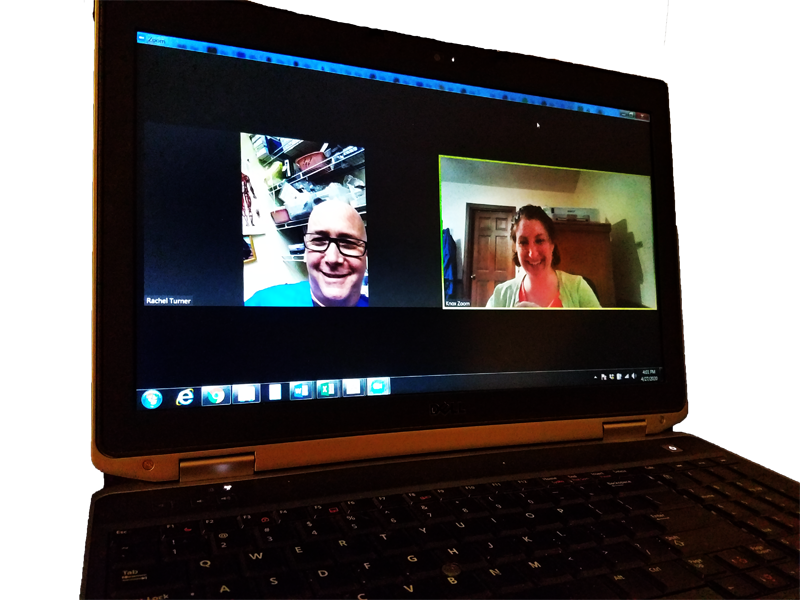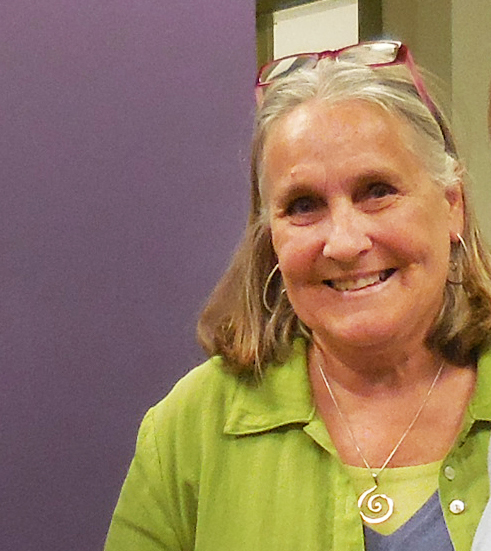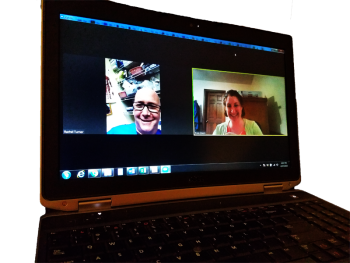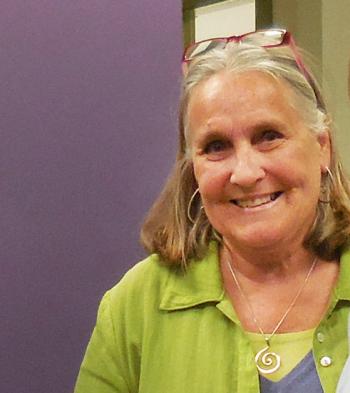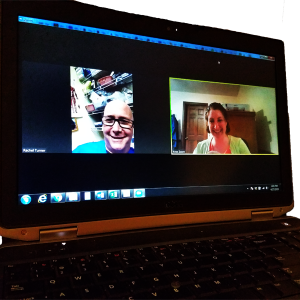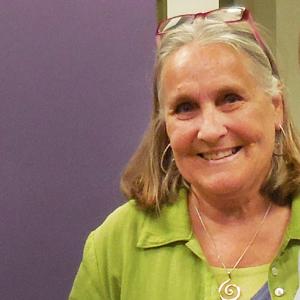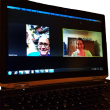Rockland’s Knox Clinic reaches community with free/low-cost physical and mental health services
Judith Hatch-Orme, a licensed social work and the mental health and wellness coordinator at the nonprofit Knox County Health Clinic, in Rockland, has been giving a lot of thought to caring for others during times of crisis, such as the world currently faces with a pandemic. Among those constant considerations at the Knox Clinic, which provides health and wellness services, is mental health. We asked her some questions about mental health and staying strong during these times.
What is the importance of stable mental health in fearful times of a pandemic? What is a healthy frame of mind?
We all need the ability and the space to share our feelings and stories during this viral lockdown. The harsh reality is that many people are not in good shape, yet the stigma of that might overshadow the admission of struggling, of feeling out of balance.
Silence about mental illness, not talking about how to maintain good mental health, makes this pandemic worse. Creating a safe, supportive community is key, in which destigmatizing reaching out for help is integral to keeping a healthy frame of mind. We must talk openly about mental health.
COVID-19 creates serious disruptions to our lives. This disruption, coupled with the threat of contracting this potentially fatal virus or having someone we love getting sick, has caused many people to suffer increasing anxiety, depression, and stress.
For some, the usual coping strategies are no longer working, with physical and social isolation exacerbating loneliness. Given we've been experiencing sustained isolation, there's a higher risk of prolonged anxiety.
As many lose their jobs, suffer financial hardship, witness the collapse of intimate relationships, suffer the loss of loved ones, it's more important than ever to balance the fears of this pandemic with having access to strong support systems; healthy, warm connection: good sleep: as well as regular physical exercise and being outside in nature.
Those who are quarantined in cramped housing, sharing space with different occupants, and those trapped in an abusive relationship with a parent or domestic partner, are particularly susceptible to long-term PTSD. With fears that life as we've known it may never return to "normal," based on what we know, the psychological effects of this pandemic will be with us for a long time.
To achieve balance, a "healthy frame of mind" is open to new experiences, remains optimistic and emotionally stable. Practicing mindfulness helps keep us centered, calm, reducing anxiety and depression. By staying active, maintaining a meaningful focus, improving resiliency, following or learning new coping strategies, we're more likely to do well during and after this lockdown.
How does the clinic provide mental health and wellness services, and what is its program?
We're currently providing telehealth and phone services for counseling and support, as well as posting free wellness offerings on our Facebook page. When we are able to resume the services we provided before this pandemic, we will again offer mental health through psych/social evaluations, walk-ins, phone calls and counseling appointments for those uninsured and under-insured. We deliver short-term counseling services at the Clinic, and continue to recruit volunteer clinicians to also provide low cost counseling. Our Wednesday Wellness program, open to the community, offers free alternative wellness practices, such as acupuncture, reflexology, reiki, and chair massage.
What is the value in telemedicine and video conferencing with patients?
Providing warm connection to patients in isolation, to enhance feelings of being seen and heard, to know that you matter to someone, is so important.
Not everyone has the skills to adjust to this new normal with optimism and hope. There are obvious symptoms and reactions people might discuss openly, such as fear of infection, frustration and boredom, financial worries, inadequate information, and the lack of needed supplies. However, without actually seeing a patient on video, the less obvious signs of increasing concern, aren't necessarily evident.
Hopelessness, fear, abuse of any kind, is more visually apparent, balanced with us offering compassionate, kind support. Many are feeling undue pressure with children who are needing more attention with uncertainty and separation anxiety. Positive therapy, CBT, solution-based therapy, and mindfulness can be more effectively provided via telehealth.
How is the Knox Clinic expanding and refining this feature, especially now?
We’ve begun using technology like Google Meet which is HIPPA compliant and easy to use. While we’ve been purchasing technology for our team to use, we’re also exploring funding opportunities to help pay for technology and wi-fi for clients who don’t have current access to telehealth.
This could have significant benefits for our clients far beyond improving their access to care as so much these days depends on having online access. It’s important to let the community know we’re still here through social media, our community provider network, and the press.
We’re reaching out to Clinic patients to see how they’re doing, and posting free resources on our Facebook page. Our goal is to make our services more flexible and easier to access despite the challenges of the pandemic.
Event Date
Address
United States

